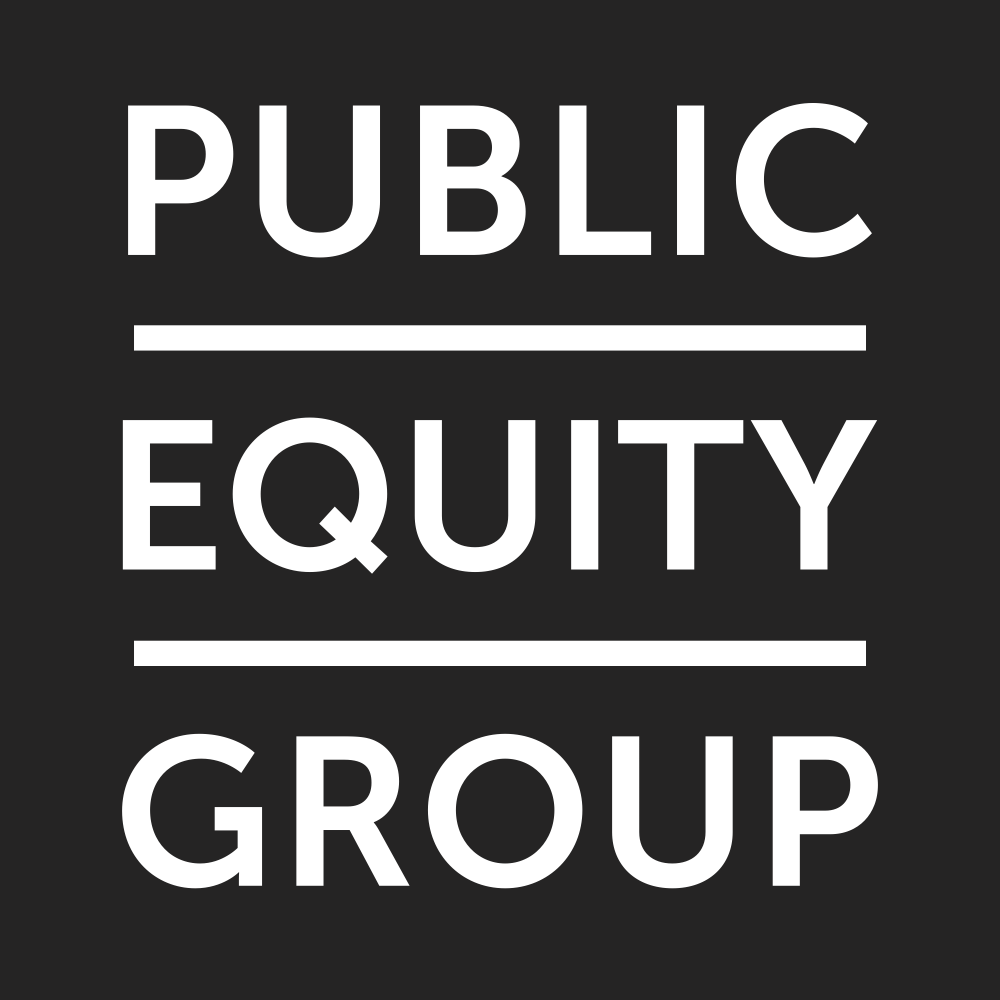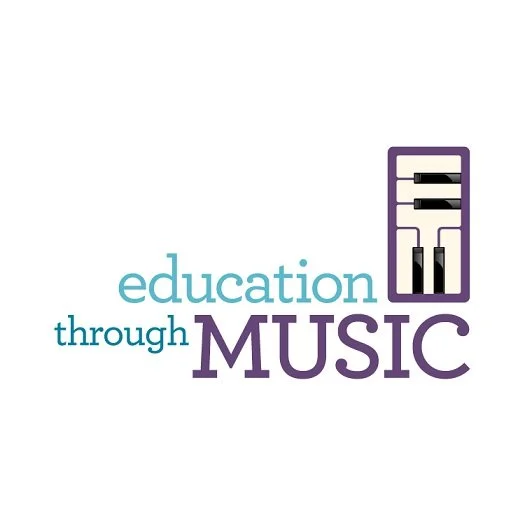Efficacy before Scale
Public Equity Group developed the Efficacy before Scale framework to advance our strongly-held point of view that more social sector organizations should be supported and entrusted to get really good at their core work (i.e. impact) and build the supporting organizational functions, before attempting to grow.
Reaching efficacy before scale can involve a three-step process:
Build the prototype to demonstrate (early) results: Experiment, test, and refine programmatic approaches based on evidence, feedback, and clear metrics
Refine and “prove” the case: Codify the model to determine which elements can and must be replicated, guided by data and metrics. Then, develop “proof points” to show significant impact with chosen populations or target areas
Plan to scale: With clarity on effectiveness and replication, develop plans for expansion, replication, and/or dissemination, built on strengths of the refined model
This visual outlines how organizations can move through key steps of the framework, ideally ending with success at scale:
Supporting efficacy
We believe, funders (and others) must help good programs and organizations become great by allowing them the time and resources for reflection, planning and iterating. It is likewise important to incentivize quality and impact, especially through investments in learning and evaluation, but also general support.
All organizations need support to plan and grow thoughtfully, but POC-led organizations are especially in need of resources to test, pilot and refine in order to increase their scale and, in turn, impact.
Illustrative case examples:
Memphis Public Libraries (System)
Memphis Public Libraries (MPL) operates the Benjamin L. Hooks Central Library and 15 branches in Memphis neighborhoods, serving 935,000 visitors annually.
As demand for educational support increased from students in Memphis, MPL iterated on their youth programs across the library system. PEG supported MPL’s evidence-based strategy, building on the University of Pennsylvania Literacy Network’s Understanding by Design framework, and others, to codify and refine their approach. Key programmatic shifts include the CLOUD901 teen learning center; the partnership with Memphis-based AutoZone Corporation and the University of Memphis to run STEM camps for teens; professional development; adult services; and evaluation efforts.
Education Through Music
Education Through Music (ETM) partners with inner-city schools to provide music as a core subject for all children, and utilizes music education as a catalyst to improve academic achievement, motivation for school, and self-confidence.
ETM had grown very rapidly and had outpaced its organization (including recruiting and staffing, project management, and alignment between teachers and the central program staff). PEG recommended that the organization take a brief hiatus from growth while making necessary investments in staff, the organization, and their evaluation effort. Since then, ETM has formalized its national expansion efforts beyond New York, opening affiliates in California, Colorado, and Massachusetts.
Additional PEG clients working toward greater efficacy and scale:
Wall Street Wizards
Nurse Family Partnership
Jewish Vocational Service
Coro Northern California
Chess in the Schools
Tipping Point Community
Edna McConnell Clark Foundation/PropelNext




